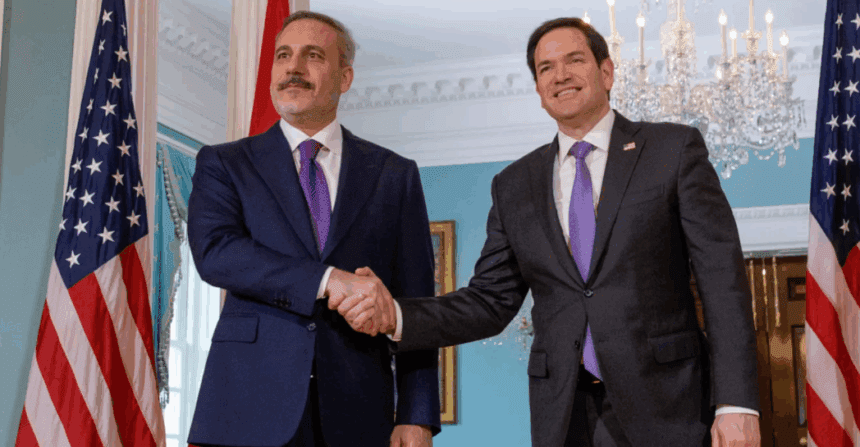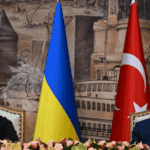U.S. Secretary of State Marco Rubio will travel to Turkey from May 14 to 16 to participate in an informal NATO foreign ministers meeting in the Mediterranean city of Antalya, the State Department confirmed Sunday. The gathering will focus on the war in Ukraine and calls for increased defense spending among NATO members.
Rubio’s visit to Turkey follows a three-day trip to Saudi Arabia and Qatar alongside President Donald Trump, as the U.S. delegation seeks to deepen ties with Gulf partners and discuss trade, investment, and regional security.
The Antalya meeting, viewed as a key precursor to the upcoming NATO summit in The Hague this June, will provide a venue for ministers to coordinate policy on Russia’s invasion of Ukraine, assess emerging security threats, and reaffirm collective defense commitments under Article 5 of the NATO Charter.
Rubio is expected to reiterate the Trump administration’s demand that allies meet the alliance’s defense spending target of 2 percent of GDP—a point of tension in recent years between Washington and several European capitals. President Trump has made equitable burden-sharing a cornerstone of his foreign policy agenda during his second term.
This will be Rubio’s first visit to Turkey since becoming secretary of state. The State Department did not confirm whether he will meet with Turkish President Recep Tayyip Erdoğan or other senior officials during the trip.
Turkey, a NATO member since 1952, plays a strategic role in the alliance, controlling access to the Black Sea and hosting the second-largest military force within NATO after the United States. However, its pursuit of strategic autonomy and deepening ties with Russia have strained relations with Washington and other allies.
The Antalya talks will be closed to the press, but a joint communiqué is expected to be released summarizing the meeting’s conclusions and setting the tone for the June summit.
Rubio’s presence in Antalya is likely to draw attention to the evolving U.S. approach to NATO under Trump, as Washington pushes for a more transactional alliance model grounded in shared costs and measurable commitments.



